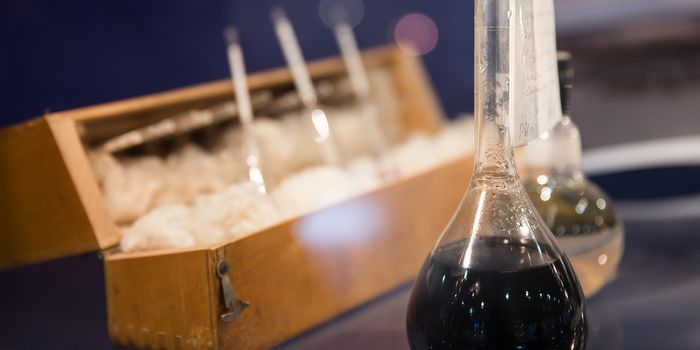New tissue restoration technology could help breast cancer patients
New work published in Scientific Reports describes the development of an in situ scaffold-forming collagen that could revolutionize the way we approach tissue restoration. The research is a collaboration between Purdue scientists and GeniPhys, as well as Indiana University School of Medicine’s Carla Fisher, who says that the regenerative tissue filler could mean wonders for breast cancer patients.
"It would assist in maintaining the quality of life and emotional well-being of millions of breast cancer survivors each year worldwide," said Sherry Harbin, a professor in Purdue's Weldon School of Biomedical Engineering who worked on the study with Fisher.
Harbin and her team say the collagen polymer can be used to fill breast tissue voids that are common in patients who have received breast-conserving surgery. The polymer was demonstrated capable of restoring breast shape and consistency as well as promoting new breast tissue formation. Additionally, it showed useful in reducing wound contraction and scar formation in patients.
"Such an approach may also benefit other patient populations in need of soft tissue restoration or reconstruction, including children with congenital defects, individuals with difficult-to-heal skin ulcers, individuals suffering from traumatic injuries and cancer patients requiring resection of tumors within tissues other than breast," noted Harbin.
Made from a liquid collagen protein, the polymer is unique in its ability to mold to patient-specific void geometries. A further benefit of the polymer is that it is able to self-assemble to make a fibrillar collagen scaffold such as those in natural tissues.
The researchers are excited by the wide range of applications that they foresee in the polymer’s future. GeniPhys, the Purdue startup that was involved in the research, has the explicit purpose of commercializing the polymer and introducing it into the medical field.
"This tissue filler represents the first planned medical product developed using our innovative collagen polymer technology," Harbin explained. "This collagen polymer supports custom fabrication of a broad range of collagen materials for various applications including tissue restoration, therapeutic cell and drug delivery, or enhancement of tissue-implantable devices interfaces."
Sources: Scientific Reports, Eureka Alert








